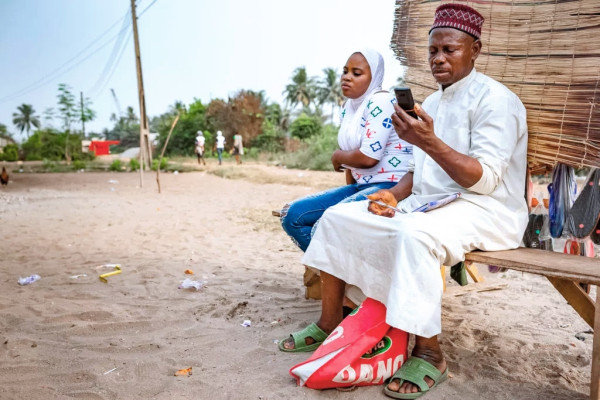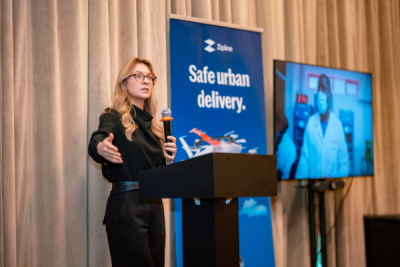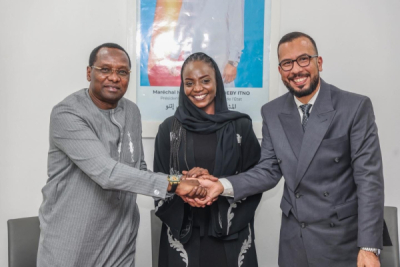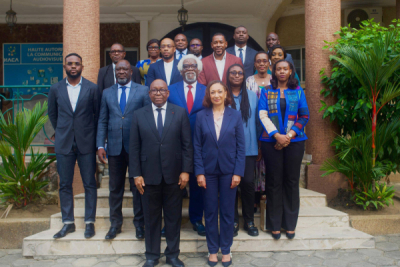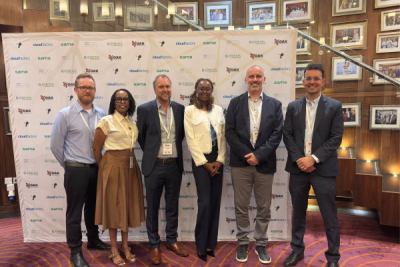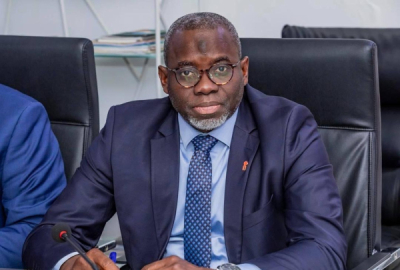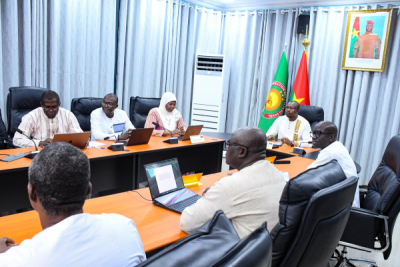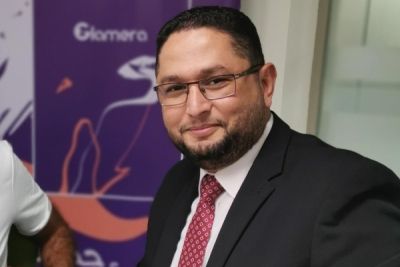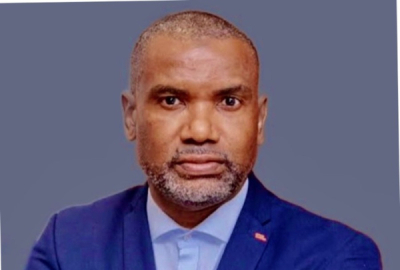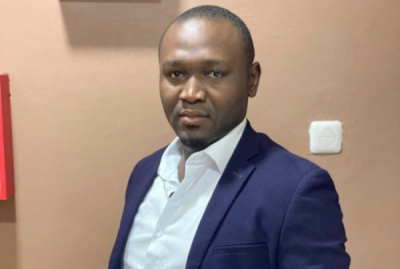Recognizing digital inclusion as a critical factor in economic growth, education, and healthcare access, organizations are working to expand internet access and promote digital literacy in Africa.
The UK’s Foreign Commonwealth and Development Office (FCDO) and the International Society of Mobile Operators (GSMA) announced a new phase of their partnership on Monday, February 27, at the Mobile World Congress (MWC) in Barcelona. The strategic partnership, valued at £37.3 million ($47.3 million), aims to accelerate digital innovation and address barriers to digital inclusion in low- and middle-income countries, including Africa.
Max Cuvellier, Head of Mobile for Development at the GSMA, expressed gratitude for the FCDO’s leadership and ongoing collaboration. “The renewal of this partnership is a tremendous opportunity to continue leveraging our respective strengths to accelerate the impact of transformative digital innovation and tackle local socio-economic challenges and climate change. We are extremely thankful for the FCDO's thoughtful leadership and longstanding collaboration,” he said.
The partnership, which has been in operation for over a decade, has already benefited over 100 million people by creating jobs and enhancing opportunities. The new phase aims to extend its reach to an additional 110 million people, including 60 million women.
The joint “Mobile for Development” program focuses on accelerating the digital and green transition for all, with a particular emphasis on supporting emerging technologies such as AI. In Africa, the program aims to overcome obstacles that hinder countries, businesses, and citizens from fully harnessing the power of digital technologies, including challenges related to mobile Internet adoption such as affordability and digital skills.
According to the GSMA, the number of unique subscribers in sub-Saharan Africa continues to grow. By 2022, the region is expected to have almost 287 million mobile Internet subscribers. Over the next six years, the total number of subscribers could reach nearly 700 million, representing a mobile penetration rate of 50%, thanks to various ongoing projects in the continent.
Samira Njoya


